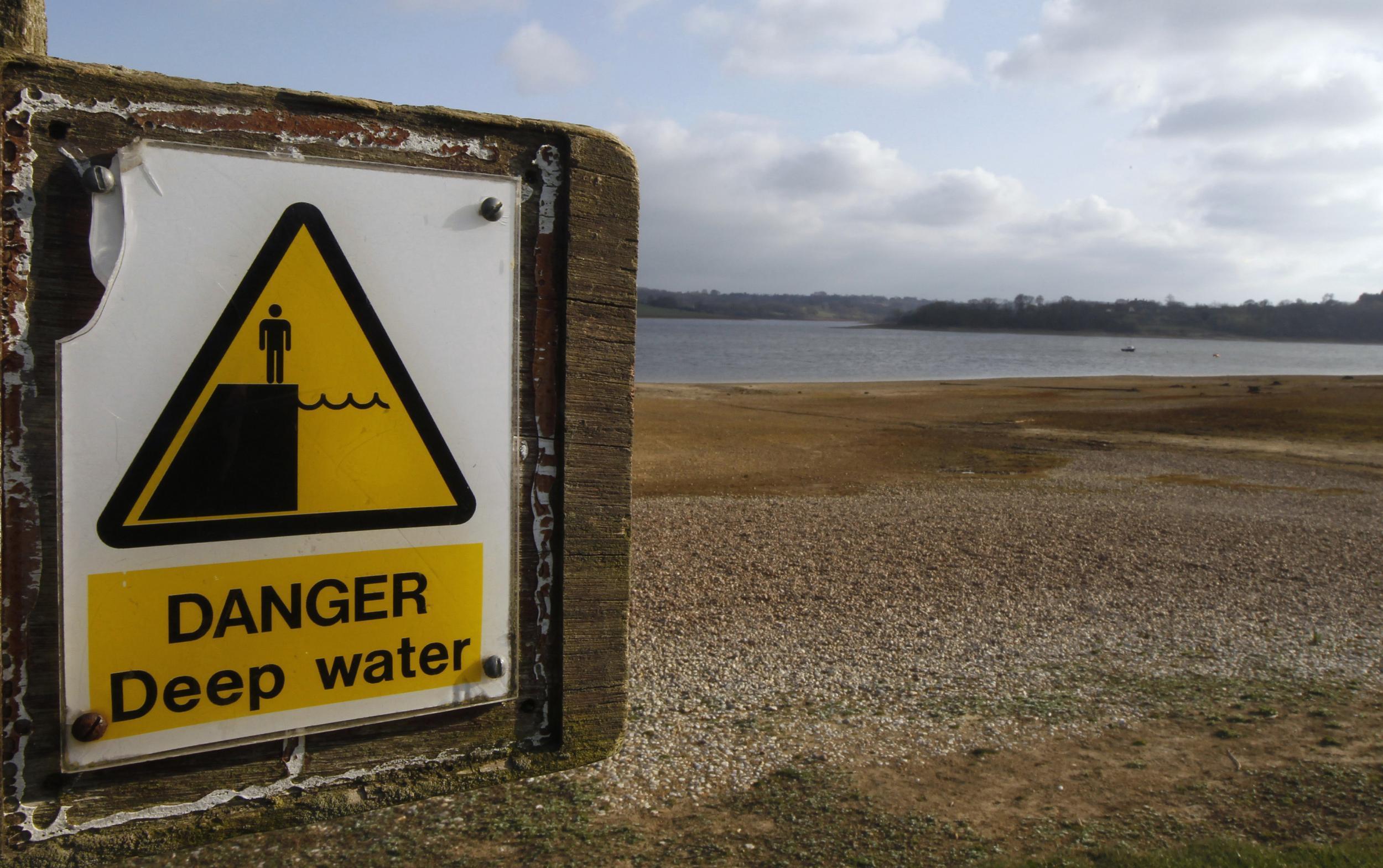Drought warning: Gardeners told to expect plant-killing water shortages after 10-month arid spell
African marigolds recommended for gardens in Kent as rain stays away

Your support helps us to tell the story
From reproductive rights to climate change to Big Tech, The Independent is on the ground when the story is developing. Whether it's investigating the financials of Elon Musk's pro-Trump PAC or producing our latest documentary, 'The A Word', which shines a light on the American women fighting for reproductive rights, we know how important it is to parse out the facts from the messaging.
At such a critical moment in US history, we need reporters on the ground. Your donation allows us to keep sending journalists to speak to both sides of the story.
The Independent is trusted by Americans across the entire political spectrum. And unlike many other quality news outlets, we choose not to lock Americans out of our reporting and analysis with paywalls. We believe quality journalism should be available to everyone, paid for by those who can afford it.
Your support makes all the difference.People in the south-east of England are being urged to save water after months of rainfall as low as 30 per cent of the usual amount.
Affinity Water, which supplies to properties in parts of London, Kent and the Home Counties, suggested gardeners should sow “drought-resistant” plants and water from the roof should be stored in a water barrel.
The firm said that there had been low rainfall since July last year and that water in underground aquifers was below average.
The Environment Agency has also warned people to “use water wisely” following the prolonged dry spell.
One of the predicted effects of climate change is that the south and east of the UK will get drier while parts of the north and west will get wetter.
In a statement on its website, Affinity Water said: “Like all water companies, we depend on rain for the water we supply to you.
“Since July 2016 there has been low rainfall and the water in our aquifers and rivers that we use to supply your water has dropped below average.
“This is important as 60 per cent of the water we supply to you comes from underground sources.
“Usually aquifers only fill up from rainfall during autumn and winter, between October and March.
“From January to March 2017, rainfall has been 50 to 70 per cent below the average for this time of year in our Central and Southeast regions.
“This means we have not seen the usual rise in groundwater levels that we would usually expect.”
A long-range weather forecast by the Met Office suggests the next few months will be drier and warmer than average.
“So, if we can all do our bit to save water and preserve supplies, this will minimise the possibility of restrictions on household use this summer,” Affinity said.
It offered the usual tips on how to save water such as turning off the tap when brushing your teeth, having a shower instead of a bath and using a watering can in the garden rather than a hose.
But two suggestions suggested by the water company believes such dry conditions could be here to stay.
“Choose drought-resistant bedding plants such as alyssum, geraniums, French and African marigolds and petunias or plant perennials such as aquilegia, campanula or heuchera,” Affinity said.
And it added: “The average roof collects about 85,000 litres of rain in a year! Make the most of the rain that falls during this dry period and install a water butt to help water your garden.”
Met Office statistics for April showed that the UK received just 47 per cent of the average rainfall for the month, boosted by a particularly wet last weekend.
The lowest amount of rain in the UK last month was recorded at Gogarbank, Edinburgh, at just 3.2mm, followed by Hampton in London (3.8mm) and the Botanic Gardens, again in Edinburgh (4mm).
An Environment Agency spokesman said earlier this week: “Following a dry winter, some rivers, groundwaters and reservoirs are lower than normal for the time of year.
“We always advise that everyone uses water wisely – especially during a period of dry weather – and to follow the advice of their water company should water saving measures be required.
“The Environment Agency, water companies, businesses and farmers are working together to minimise any potential impacts to people and the environment should the dry weather continue.”
Join our commenting forum
Join thought-provoking conversations, follow other Independent readers and see their replies
Comments